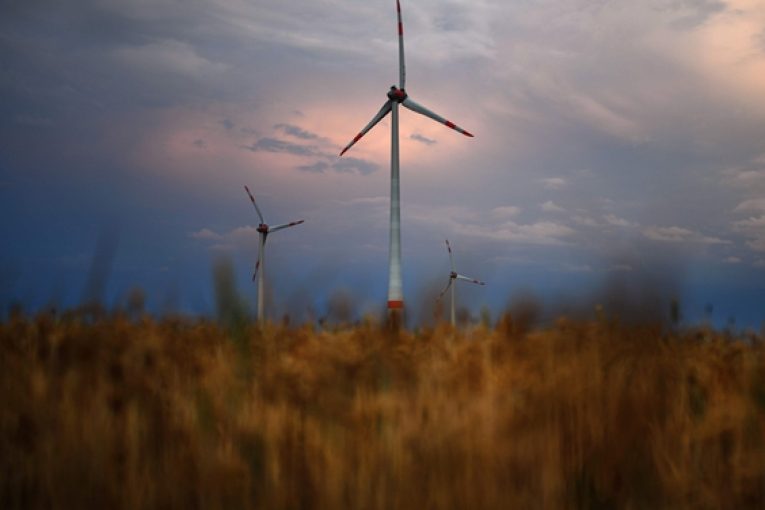
Green technologies that were known money-losers before the pandemic are still money-losers today
So how, exactly, did the pandemic change the criteria for evaluating policies, investments and major public projects?
The short answer is: it didn’t, and any claim otherwise is untrue. The recovery from the pandemic shutdown should not be seen as an “opportunity” to make bad investments and policy decisions. Bad ideas prior to the pandemic are still bad ideas today. Policies that failed cost-benefit tests before the shutdown are even more likely to fail such tests now that unemployment has soared, public debt has exploded and business investment is faltering. Green technologies that were known money-losers before the pandemic are still money-losers today. The only thing that’s changed is that we have even less money to work with, so the need to avoid wasting it is higher than ever. It’s critical to choose investments that will lead to real growth and job creation.
Article content continued
When it comes to choosing good investments, the guiding principle is profit. Will the new capital generate a revenue stream greater than the cost of acquiring it? If yes, the jobs that accompany the capital investment will be sustainable, at least as far as we can reasonably surmise. If no, the project will lose money and will either end quickly or will require subsidies funded by adding costs elsewhere in the economy.
“Sustainability” does not mean using fewer resources or cutting energy consumption, though it can involve those things. It means value-creation in a competitive marketplace where the concept of value can be expanded to include (but not consist solely of) natural and environmental capital. A profitable investment is one where, after all costs are paid (including environmental costs), the outputs are worth more to society than the inputs, including the labour costs. Profitable investments are sustainable. Unprofitable investments are not.
This principle has long been the foundation of economic analysis for both policies and projects. The pandemic did not change it. The only thing COVID-19 might have done is make it even more valuable for society to increase employment and decrease non-essential demands on the public purse. Which means that the idea of coupling a post-pandemic recovery plan with any kind of Canadian Green New Deal is bound to be harmful.
We have enough experience with green technologies to know they don’t run on solar and wind, they run on subsidies. Ontario ruined its electricity cost advantage by hitching its grid to long-term renewable energy developments that were only viable on the basis of above-market payments financed by surcharges that have imposed a heavy cost across the economy. Empty promises of green jobs ran up against the reality that money-losing projects destroy more jobs than they create.
We are entering a phase of the COVID recession when many of the main benefit programs will start winding down. Even if there’s still a need for them, we can’t simply keep borrowing hundreds of billions of dollars to keep everyone locked down at home. We must begin reopening businesses and re-employing laid-off workers as much as is safely possible. And we must begin aggressively generating wealth to pay back the staggering costs of the COVID response.
The idea of adopting an even more aggressively “green” approach to the economy is diametrically opposed to these things. Now more than ever we need policy-makers to support profitable investment and capital formation, which often simply means not imposing unnecessary rules and regulations on entrepreneurs. We also need policy-makers to subject their fashionable green recovery plans to rigid cost-benefit analysis, rather than imposing ideologically driven economic restructuring schemes that overvalue minuscule pollution reductions and undervalue income and productivity gains.
In other words, what we need now is what we have always needed: a focus on creating an investment climate and policy framework to support profitable entrepreneurship. The pandemic didn’t change that, it only made it more imperative.
Ross McKitrick is a professor of economics at the University of Guelph and a senior fellow of the Fraser Institute.
Share This:
You can read more of the news on source



